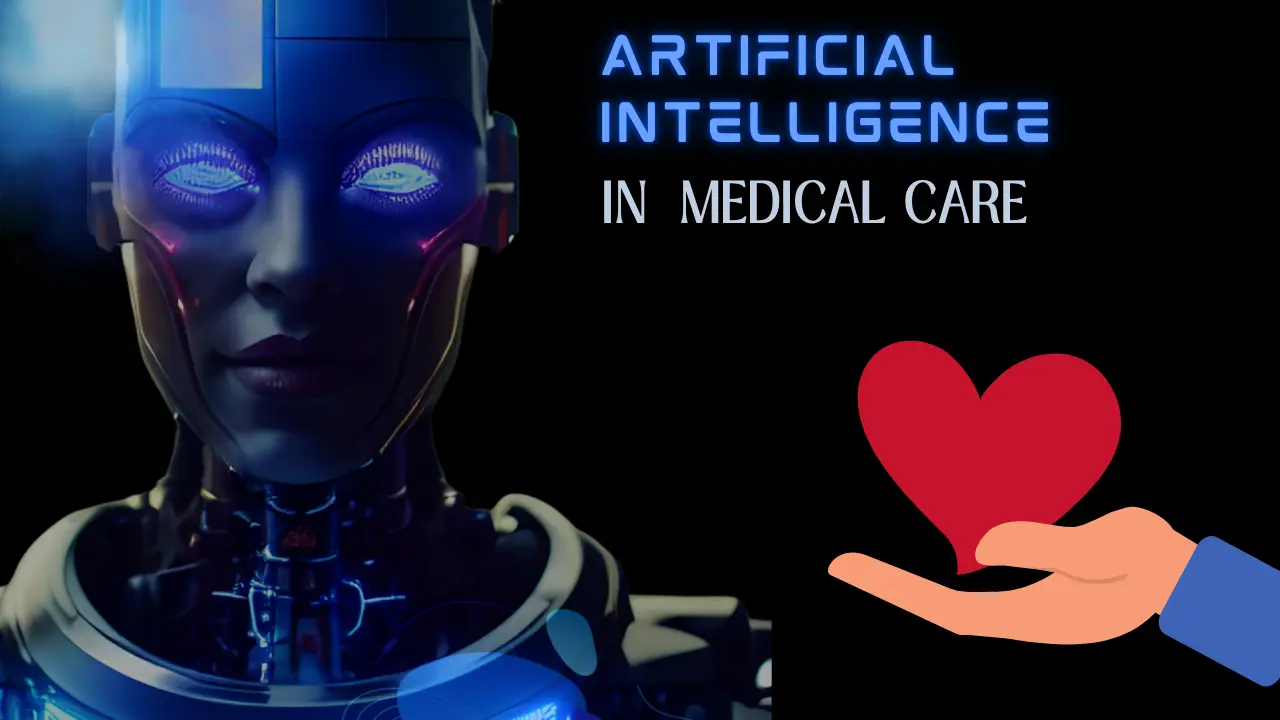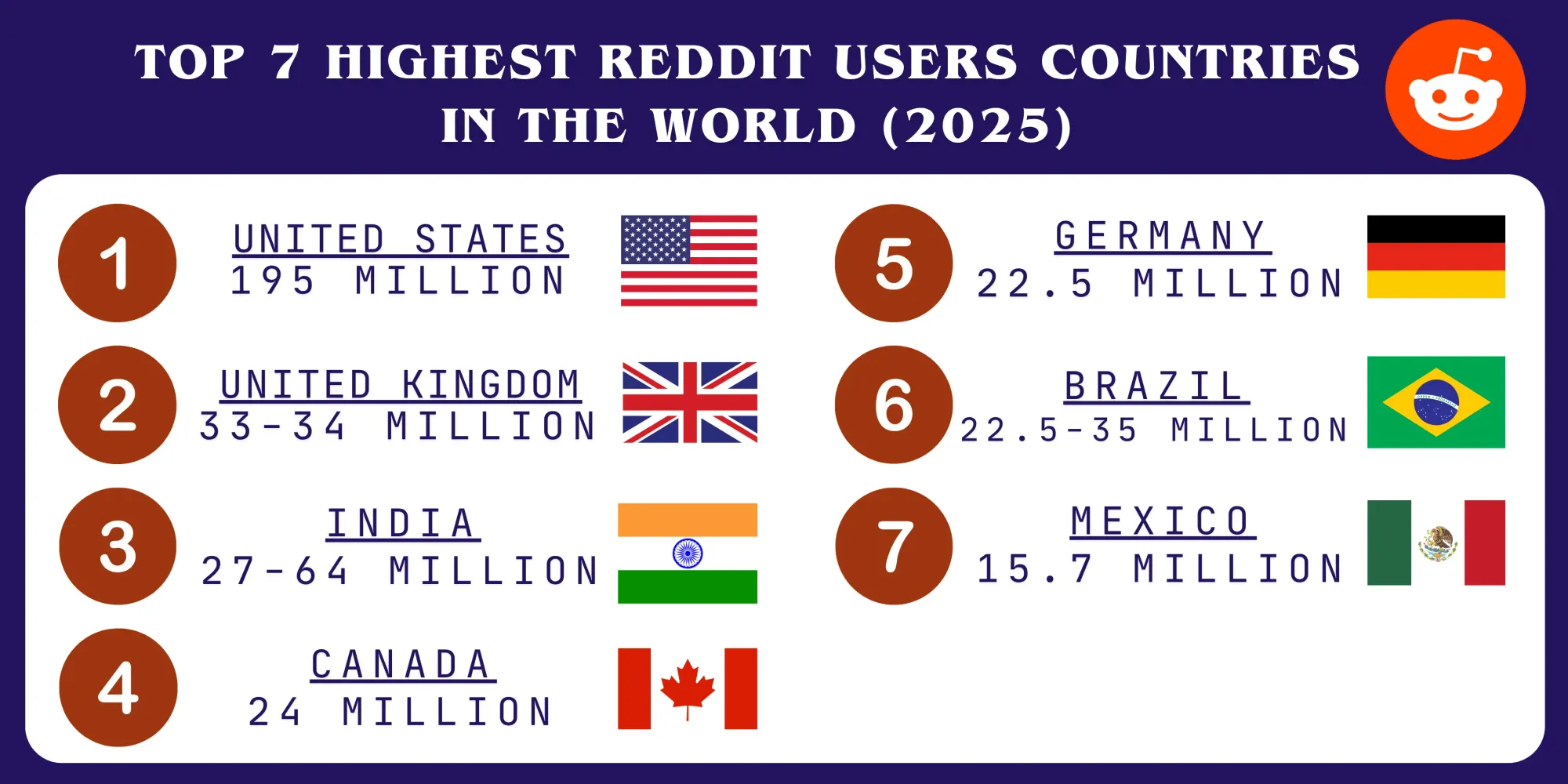Artificial Intelligence is enhancing the medical field. AI is transforming healthcare through its efficient and fast diagnosis and even assisting in surgeries. The question arises in the minds of people: Is AI capable of replacing doctors? Is it feasible to depend on machines to evaluate and diagnose diseases? It is a fact that AI is an effective tool, but it functions best when merged with human expertise. Let’s explore AI’s role in detecting, treating, and hospital management to help you understand its capability of shaping the future of medicine.
AI in Diagnosis and Early Detection
AI and Medical Imaging
Incorporation of AI in imaging systems is increasing the efficiency of medical imaging by accurately detecting diseases like cancer in CT scans, X-rays, and MRIs. Before the introduction of Artificial Intelligence, the imaging techniques relied on the doctors’ skills, but now AI can instantly scan the images, depicting the abnormalities that might be missed due to human error. For instance, Google’s AI model for the medical field has shown wonders in cancer detection, achieving higher accuracy than radiologists in several studies. On the other hand, IBM Watson is helping medical officials in detecting severe diseases at an early stage, leading to faster treatment and resulting in positive outcomes.
Use of Data to Predict and Prevent Diseases
Artificial Intelligence is capable of analyzing a huge amount of patient data, which can help in predicting health issues before the symptoms occur. It evaluates the medical history patterns and predicts the possibilities of the occurrence of severe diseases like heart disease, diabetes, or even Alzheimer’s. AI helps hospital management to render preventive care measures, instructing the patients to develop lifestyle changes to prevent harsh conditions in the future. These early safety measures can save lots of lives and cut down medical costs.
- AI in Pathology
Pathologists study tissue samples for diagnosing diseases, which can be a time-consuming task and may be prone to human error. Whereas, incorporating AI in pathology tools can analyze tissue samples faster and with added accuracy. For instance, AI models trained on multiple pathology slides can instantly recognize cancerous cells. This enhances the diagnosis method, ensuring patients get effective results with higher precision and, most importantly, on time.
AI in Treatment and Personalized Medicine
AI-Powered Drug Discovery
To develop new medicines is a daunting task and a bit expensive, too! AI fastens the drug discovery process through quick analysis of immense data for identifying potential drug candidates. During the COVID-19 pandemic, AI was quite useful to researchers to discover the molecules that can be utilized for the treatments at a much faster rate than the traditional method. This unique, advanced technique can launch life-saving drugs in the market more quickly.
Robotics in Surgery
Incorporating Artificial Intelligence in surgical robots is elevating the medical procedures. For instance, a famous da Vinci Surgical system assists the medical officials in performing surgeries with minimal invasion. These highly precise robots enable doctors to operate with immense accuracy, lowering the complications involved and also shortening recovery time. AI analyzes patient scans and helps doctors plan surgeries by suggesting the best possible approach.
AI for Customized Treatment
Artificial Intelligence enables medical officials to customize treatments depending on a patient’s genetic record and medical history. This is particularly beneficial for cancer patients, as AI helps to identify personalized therapies that work best for specific patients. Instead of considering a universal treatment for all patients, AI considers a personal approach by recommending the best possible treatment for an individual patient.
AI in Hospital and Patient Management
AI Chatbots and Virtual Assistants
Artificial Intelligence chatbots provide medical assistance to patients without necessarily visiting a doctor’s office. These virtual assistants are capable of answering common health queries, scheduling appointments, and even suggesting if a patient is in need of medical attention. The hospitals are utilizing these chatbots to handle frequent inquiries and enabling the doctors and nurses to handle severe cases.
AI in Remote Patient Monitoring
AI-incorporated wearable devices help track patients’ health metrics, like oxygen level, heart rate, blood pressure, and others. These advanced devices send alert messages to doctors if there is any abnormality, enabling an early intervention. These advanced AI wearable devices are very useful for effectively managing severe diseases like diabetes, depression, and hypertension, ensuring that the patients are provided a timely medical attention without frequently rushing to the hospital.
Final Words
AI is transforming the medical field by continuously enhancing diagnosis, treatment, and improving hospital and patient management. Remember, AI is not at all a replacement for doctors, but it is a tool that elevates human expertise and accuracy. AI is showcasing its impact in the future with its ongoing advancements, making the medical field safer, faster, and highly customized. With the evolving technology, AI plays a vital role in improving patient outcomes, resulting in increased healthcare efficiency. AI is here to stay longer in healthcare, and its ability to enhance the medical field is truly immense.
FAQs
Can AI replace doctors?
No, it supports the doctors with its quick data analysis and efficient decision-making. Human expertise is highly needed for patient care.
Is incorporating AI in healthcare beneficial?
Yes, AI undergoes rigorous testing methods and employs strict regulations ensuring high accuracy and added safety in medical applications.
Does AI affect patient privacy?
AI systems are highly secure, but the hospital management should regulate data protection laws to keep the patient’s data and personal information secure.













